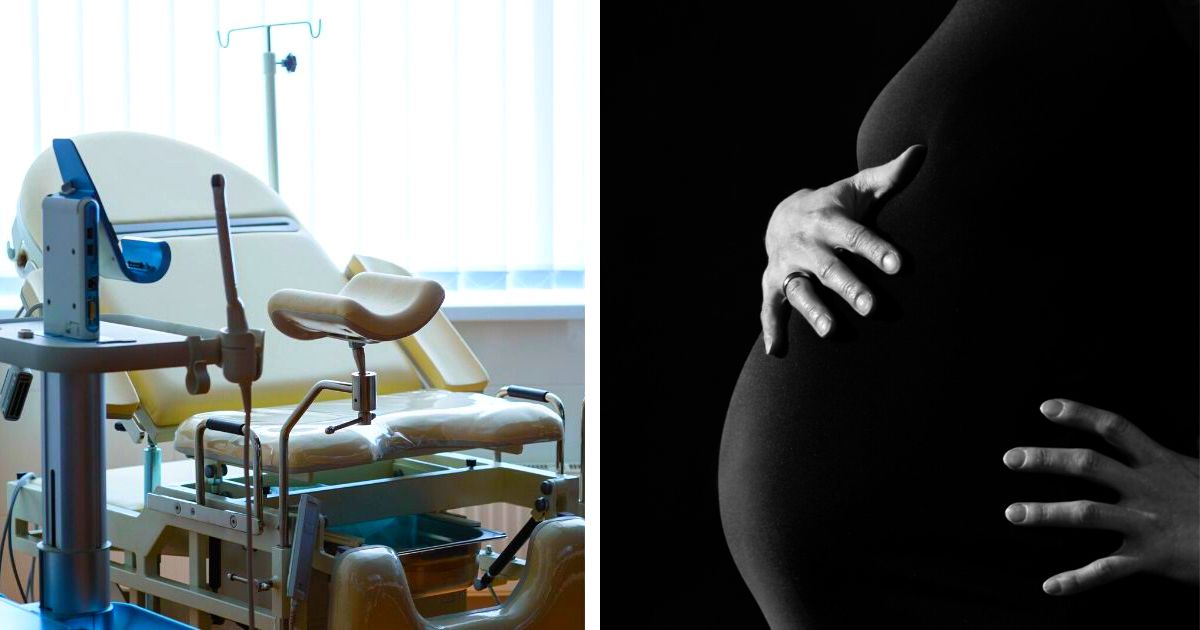A Senate inquiry in Australia has heard that women with disabilities have faced forced abortion and sterilisation.
A number of organisations gave evidence to the inquiry including the Victorian Women’s Health Services Network, which said that women with disabilities were “refused the right to consent to medical treatment including abortion, and are more likely to experience reproductive coercion than women without disabilities”.
Another organisation, Women’s Health in the South East, said forced sterilisation breached “every international human rights treaty to which Australia is a party” and “constitutes torture”.
Women With Disabilities Australia also told the inquiry there were “multiple and extreme” violations of rights. Their executive director, Carolyn Frohmader, said Australia was “a wealthy country that still allows practices such as forced sterilisation, forced abortion, forced contraception and menstrual suppression”.
“This is nothing short of shameful”, she said.
“These egregious forms of reproductive violence have no place in a civilised world, and yet remain lawful in this country”.
Evidence of forced abortions in Australia
According to the Guardian, there were nine forced sterilisations in 2020-21.
The Australian Lawyers for Human Rights (Women and Girls’ Rights) co-chair, Tania Penovic, reported anecdotal evidence that women who were assaulted or raped, or deemed incapable of looking after a child, were forced to have abortions.
The group highlighted an “urgent need” to prevent forced sterilisation.
The Senate inquiry released its report earlier this week. Discussion of forced abortion and sterilisation only accounted for a small proportion of the report.
In the UK in June 2019, a fierce legal battle took place in which a court ordered that a woman with a moderate learning disability be forced to have an abortion. Court of Appeal documents revealed that the first stage of the three-day abortion procedure had already started when the initial court decision was overturned.
The forced abortion was overturned because insufficient consideration was given to the wishes and feelings of the pregnant woman and to the woman’s primary carers – including her own mother – who believed it was in her best interests not to have an abortion.
Right To Life UK spokesperson Catherine Robinson said “Forcing a woman to undergo an abortion under any circumstances is deplorable. This is an egregious violation of human rights with no consideration being given to the wellbeing of the mother and her child.”












